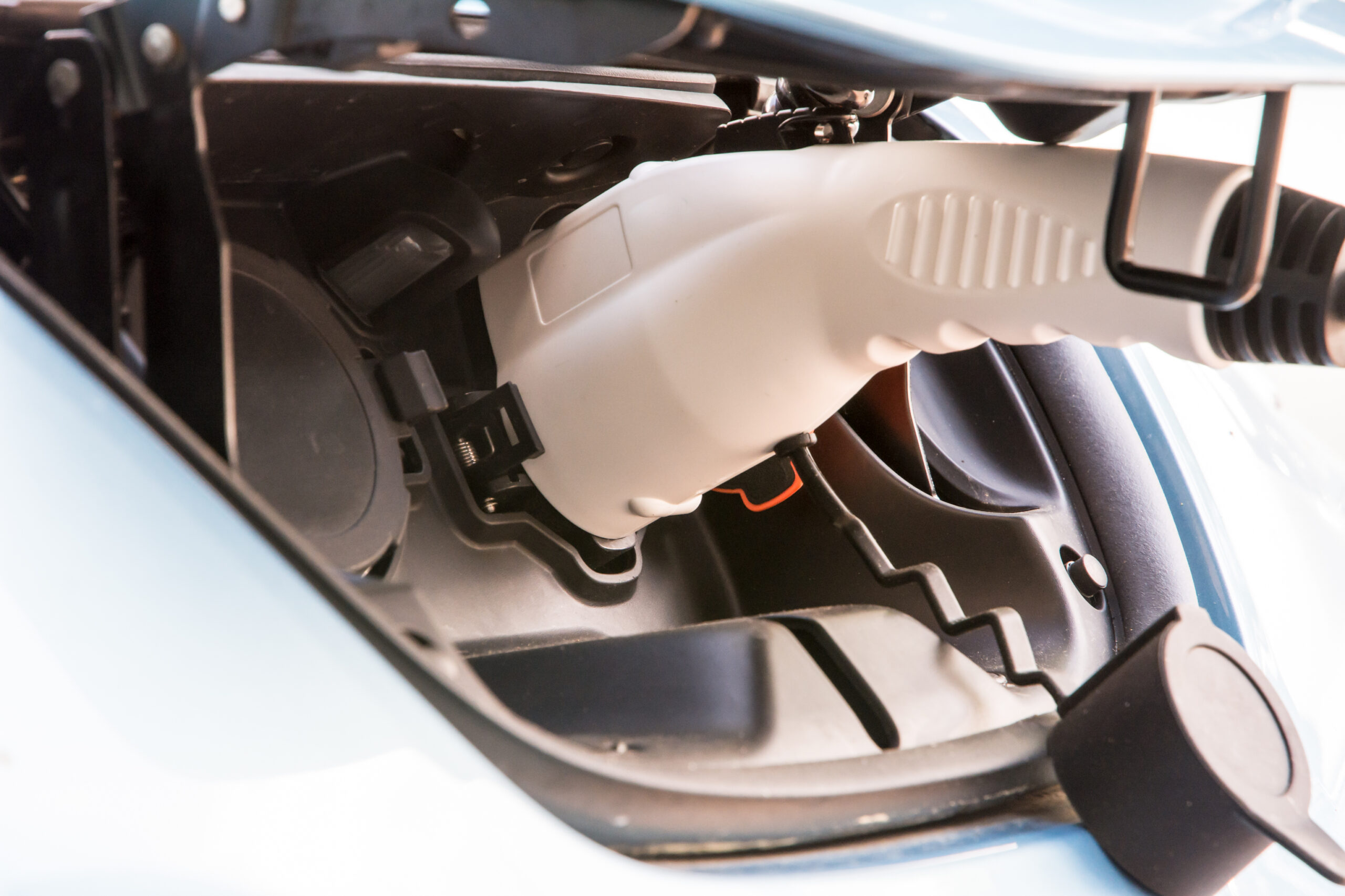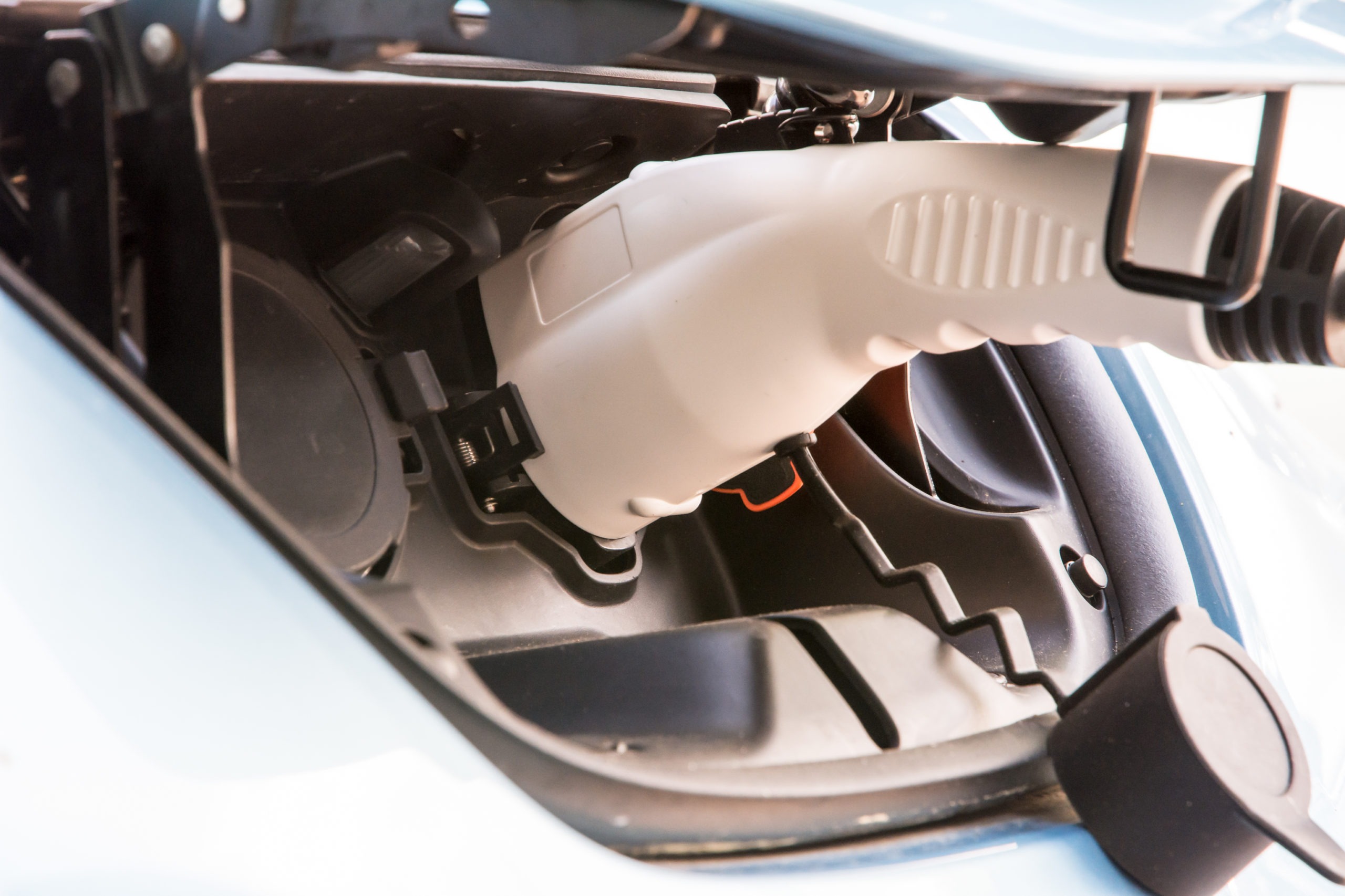For the first few decades after human beings first went to outer space and returned safely, American pop culture was full of images of futuristic technological advances, some more plausible than others. A quarter of Disney World is Tomorrowland, with Space Mountain as its flagship attraction. Virtually every comic book character made a visit to outer space sometime between 1960 and 1980. School textbooks in the 1980s contained stories depicting a future where video chat was the norm, it was easy to send written messages instantaneously, cars didn’t need gasoline, and humans were capable of photosynthesis. We are a long way from human photosynthesis, but as of 2018, electric cars are available for sale. Much of the discussion about electric cars surrounds their cost and their impact on the environment, but, as any personal injury lawyer can tell you, it is also important to consider how much protection an electric car offers, or how much danger it brings, in the event of a car accident.

Electric Cars Have No Gasoline, but They Have Other Risks
The main difference between electric cars and conventional cars is that electric cars have no gasoline. No gasoline means no exhaust and no trips to the filling station; a friend who gives you a ride in an electric car can never hit you up for gas money. Gasoline is very flammable, as you would know if you have ever had a cigarette craving at a gas station, and this is especially hazardous in car accidents, as the gas tank can explode, as happens frequently in action movies. With electric cars, you can avoid the risk of explosions caused by gas tanks, but there is another fire and explosion hazard in an electric car. Electric cars have lithium-ion batteries similar to the batteries in a cell phone. Has your cell phone ever gotten hot when you left it on the charger after the battery had reached 100 percent? Consider how airlines banned certain cell phones because their batteries were too much of an explosion risk. Imagine that but with a much bigger lithium-ion battery.
Electric Car Battery Safety Features
The various electric car manufacturers have different ways of minimizing the risk of battery explosion. Volvo has positioned its batteries on the part of the car least likely to be damaged in a collision. Tesla electric cars have a mechanism that automatically disconnects the batteries when it receives a signal from an impact sensor. Tesla, Ford, and Nissan electric cars have battery cooling systems that work whenever the car is in use. Almost all electric cars isolate the batteries from each other so that one hot battery cannot cause the others to overheat.
Contact Walton Telken Foster Attorneys at Law About Car Accident Injuries
Technology is always evolving to improve the safety of cars, but no car is 100 percent accident proof. Contact Walton Telken Foster Attorneys at Law personal injury lawyers in the St. Louis area to discuss your case if you have been injured in a car accident.












